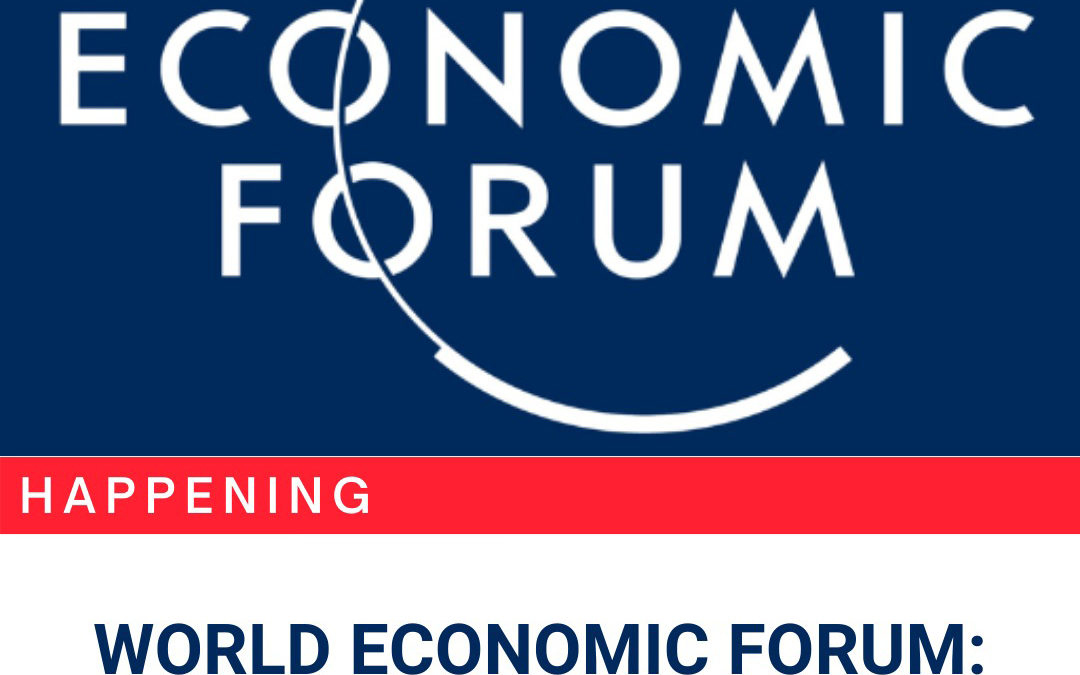JAKARTA -Last year the global economy contracted by more than 5%, according to World Bank forecasts, with most countries falling into recession. This session will look at how businesses and governments can collaborate more effectively to restore growth sustainably while boosting productivity and sharing prosperity.
Tharman Shanmugaratnam opened the session by talking about the global uncertainties we still face. Last year, governments managed to create a bottom to the collapse of economies and morale. This year the range of possibilities is narrower but still wide. No one can predict what will happen in 2021 because it depends on what happens with the virus in every country around the world. Herd immunity and questions over the uptake of the vaccine remain a key source of uncertainty.
Smriti Zubin Irani said despite initial fears about the scale of the pandemic making it difficult to coordinate responses, her country is proof that when government and citizens come together, much can be done. The virus has in fact brought the world together in sharing best practices.
Andrey L. Kostin said that despite being aware of the risks of a pandemic, we all underestimated the impact it would have. In Russia, many shops and theatres are open currently and the country is doing quite well – indeed he expects the economy to return to pre-crisis levels by autumn. But he echoed the concerns of Shanmugaratnam that the distribution of vaccines will be a key factor in recovery.
The session features Gideon Rachman, Associate Editor and Chief Foreign Affairs Commentator, The Financial Times; Tharman Shanmugaratnam, Senior Minister, Government of Singapore; Haruhiko Kuroda, Governor, Bank of Japan; Andrey L. Kostin, Russian Federation; and Smriti Zubin Irani Minister of Women and Child Development, and Textiles, Ministry of Women and Child Development of India.
Tharman: It will be far less costly to invest in mutual interest and the common good then for each country to deal with global crisis on their own.

